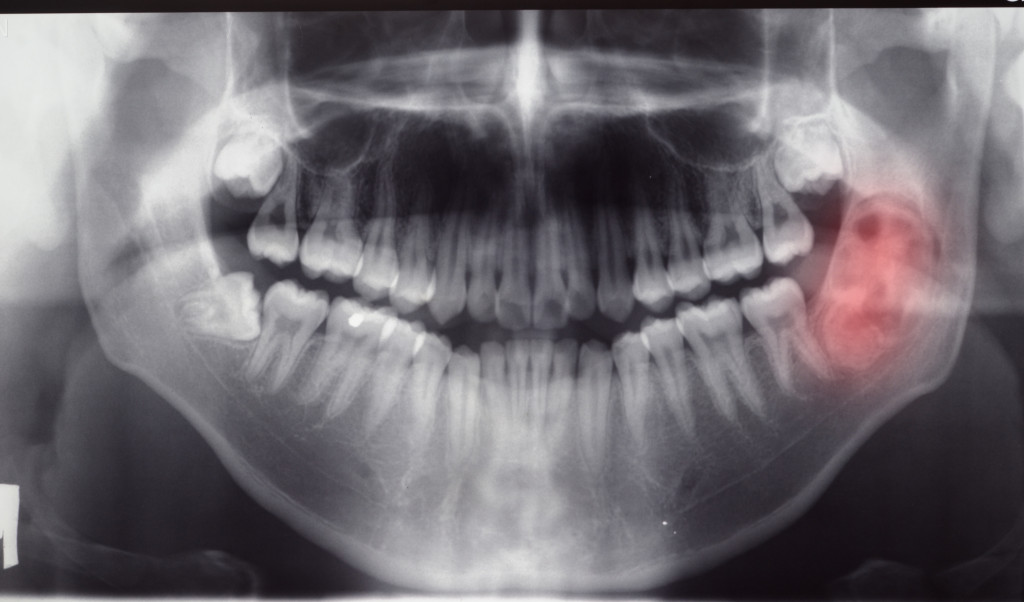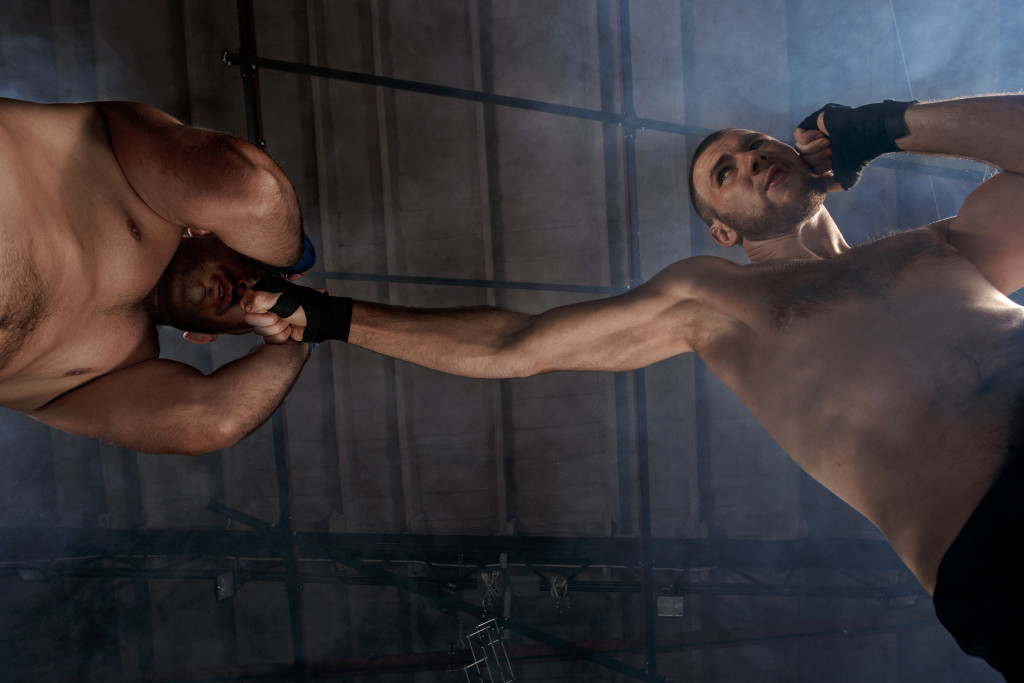- Dental injuries are a common risk in sports, ranging from minor toothaches to more severe issues such as jaw fractures and avulsions.
- Wear a properly fitting mouthguard during every game and practice to prevent dental injuries.
- If you suffer a dental injury, seek medical attention immediately.
- Take proper precautions and stay vigilant while playing sports to reduce the risk of dental injuries.
Playing sports is very beneficial for our physical and mental health. It keeps us active, helps us relax after a long day, and teaches us about teamwork. However, injuries are a common risk in sports, and some can be very serious. One of the most common types of injuries is dental injuries.
As an athlete, you should be aware of the types of dental injuries you can get while playing sports, the steps to prevent them, and the treatment options available to you if damage occurs.
Dental Injuries in Sports
Extreme sports such as skateboarding and mountain biking can increase your risk for dental injuries. However, any kind of sports can potentially lead to dental trauma. Here are some of the most common dental injuries in sports and what you can do to stay safe and keep your teeth healthy.
Jaw Fracture
A jaw fracture is a severe dental injury that requires immediate medical attention. If you suspect that you have a jaw fracture, seek medical attention immediately. Treatment options for jaw fractures depend on the severity of the injury. However, you might need to consult a reputable oral surgeon for reconstructive surgery in severe cases. This is because jaw fractures can cause long-term damage if not treated properly, and you might suffer from jaw misalignment and other dental issues.
Fractured Teeth

Fractured teeth are a common dental injury in sports and can be very painful. To prevent fractured teeth, wear a properly fitting mouthguard during every game and practice. If you fracture a tooth, you should see a dentist as soon as possible. If the fracture is minor, your dentist may be able to repair it with a filling or a crown. However, if the fracture is severe, you may need to have the tooth removed.
Avulsion
An avulsion is when a tooth is completely knocked out of its socket. This is a severe dental injury, and you should see a dentist immediately if it happens to you. If the tooth can be found, place it back into the socket and hold it there until you can get to a dentist. If you cannot find your tooth, your dentist can consider replacing it with a dental implant or bridge.
Tooth Intrusion
Tooth intrusion is when a tooth is pushed into the gum or jawbone. This is a severe injury, and you should see a dentist immediately if it happens to you. Treatment options for tooth intrusion depend on the severity of the damage. Your dentist may be able to reposition the tooth, or you may need a root canal.
Dental Concussion
A dental concussion is when a tooth is hit hard enough to cause it to turn grey or black. This is a severe injury, and you should see a dentist immediately if it happens to you. Treatment options for dental concussions depend on the severity of the damage.
What to Do After the Injury
Dental injuries are common in sports, and knowing what to do is crucial if it happens to you. First and foremost, it’s essential to stop playing immediately and seek medical attention from a dental professional. Only a dentist can determine the severity of the injury and the appropriate course of treatment.
In the event of a knocked-out tooth, rinse it gently with water and attempt to reinsert it into the socket. If that is not feasible, immediately place the tooth in a glass of milk or saliva and seek dental assistance. While engaging in sports, safeguard your teeth by wearing a well-fitted mouthguard.
Prevention Tips

While dental injuries are common in sports, there are steps you can take to reduce your risk. The most important thing is to wear a properly fitting mouthguard during every game and practice.
This will help protect your teeth from impact and prevent fractures and other serious dental injuries. You should also ensure you’re using the proper safety gear for your sport. For example, cyclists should wear helmets and adjust their bikes for the right fit.
Final Thoughts
Dental injuries are a common risk in sports, but you can take steps to prevent them. Wearing a properly fitting mouthguard during every game and practice is the most effective way to avoid dental injuries. If you do suffer a dental injury, seek medical attention immediately. The sooner you seek treatment, the better your chances of saving your tooth or teeth. Remember, staying safe and keeping your teeth healthy is in your hands. Make sure to take proper precautions and remain vigilant while playing sports. Your teeth will thank you for it.

